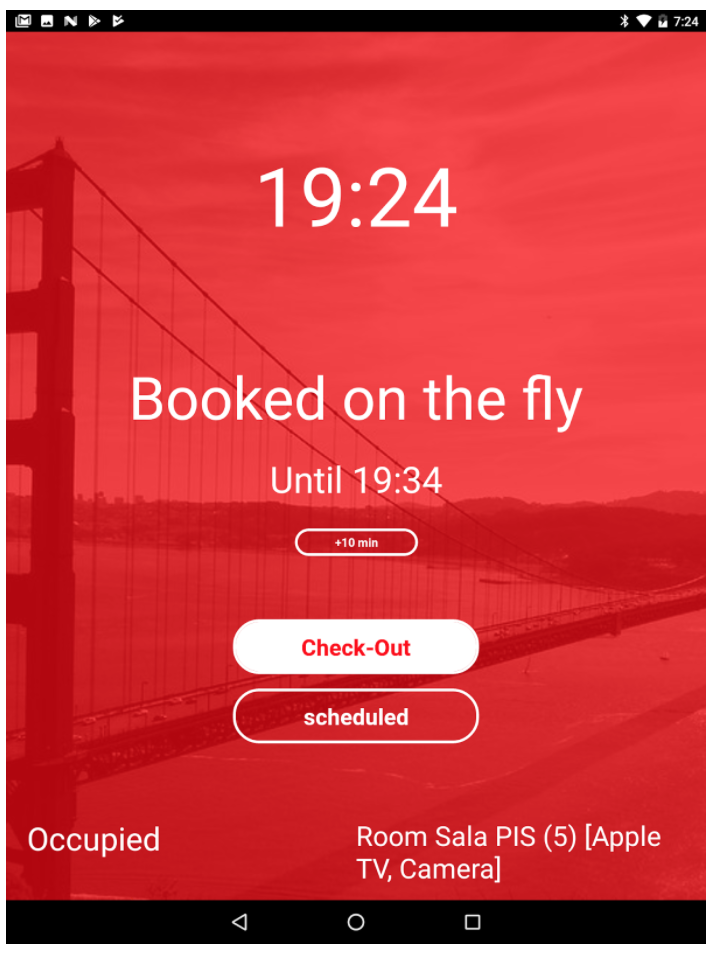Author
JR González
No-show meetings and room allocation problems
A common problem that you’ve probably come across working in an office is when you decide on a time for a meeting but can’t find a meeting room. Sound familiar? The main problem with rooms that are booked and not used is that when a room is reserved, it remains booked, even when participants don’t show up.
We will start by explaining how no-show meetings occur and why it is paramount for companies to take steps to effectively reduce them.
The problem of no-show meetings
No-show meetings occur all the time and for different reasons, such as rescheduling a meeting and forgetting to cancel it, thus the room remains unavailable. Another common issue is scheduling meetings as recurring events, especially when there are a lot of people in the office and rooms are hard to book, among others.
When meetings are canceled, there is no way for the rest of the company to know, in real-time, that the room is now available. When the general perception is that the availability of the meeting rooms is low, more and more people end up creating recurring meetings to reserve space in case they need it later; making the problem worse.
Unscheduled meetings also have a negative effect on employee satisfaction. Employees that are constantly frustrated by the lack of availability in meeting rooms are more likely to leave and work from another location. This inevitably affects the company’s culture.
These types of meetings also take up a lot of resources and operating expenses. Modern meeting rooms employ technology such as WiFi and electricity; these costs are incurred even if the room is empty.
The solution: Rumu
It’s been a while since we, at Moove It, worked jointly with universities on technology and software development courses. In Uruguay, we joined a course program at the Universidad de la República, Engineering School, called PIS (Software Engineering Project). The goal of this course is to reaffirm and deepen the student’s knowledge of Software Engineering, to contrast it with its practical applications, and to integrate it with knowledge gained in other subjects like programming, architecture, operating systems, computer networks, and databases.
In this course, Moove It becomes the client that the students have to develop software in order to complete the class. Moove It’s contribution to the course is to generate the requirements related to the project and to give the students continuous follow-up; introducing them to Agile development in the process. We decided to ask the students to look for a solution to the problem we had about the no-show meetings and how to take advantage of the rooms in a more effective way.
The solution was called Rumu, an app for tablet devices whose main goal was to improve the process of scheduling a meeting and booking a room.
Development phase
To speed up the development we used Scrum methodology, in which we applied our best practices so that we could work collaboratively with the team and help to create the best solution possible with the students.
Methodologies

Together with the students, we developed a common process related to deploying the implemented functionalities. This served to demonstrate best practices for organizing and achieving good quality in the developed code.
What does Rumu have to offer?
These are the most valuable features:
- Notifications when you are arriving late to a meeting.
- Automatic meeting cancelations.
- Google Calendar synchronization.
- Creation of meetings on the fly without having the need to book in anticipation.
- Extend the duration of a meeting.
- Automatic check out at the time the meeting was scheduled to end.
- Visibility of the state of the room.
- Notification of the upcoming ending of a meeting.
- Reports with metrics for managers.
- Offline functionality.
Conclusion
Room allocation problems in a company can become complex if they are not effectively managed in order to take advantage of the resources that each room offers and to avoid no-show meetings.
Rumu is our solution to reduce room search times, better organize our Google Calendar and improve daily work within the company. The students of the PIS program developed an excellent product that is still used at Moove It and has generated great feedback from those who use it, which is all of us!
In the near future, we would like to add new features that we have envisioned to further enhance this excellent app.





